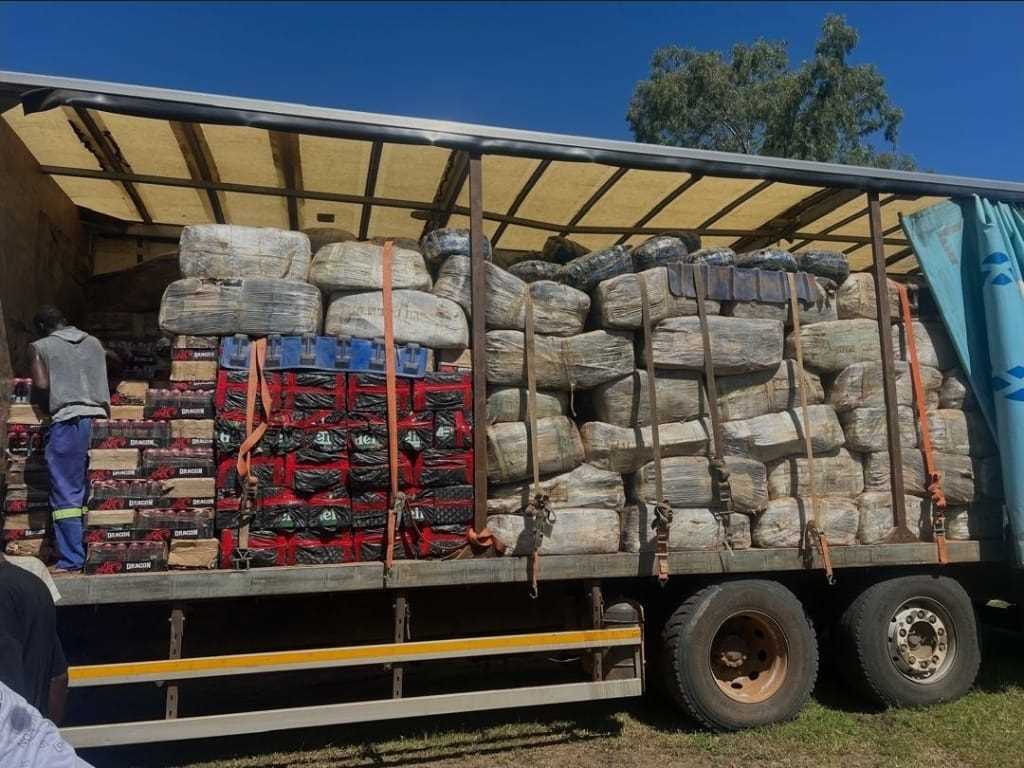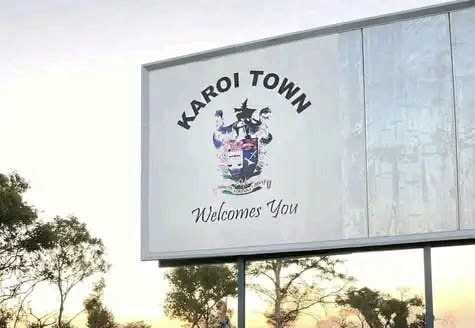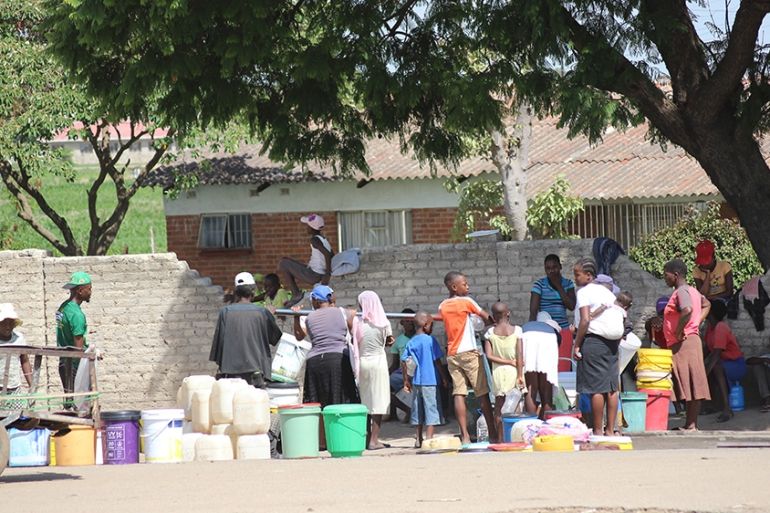
ZimNow Reporter
As Zimbabwe prepares to host the COP15 Ramsar Convention on wetlands in Victoria Falls this week, the continued operation of Longcheng Plaza, a large shopping mall built on a Harare wetland, casts a long shadow over the nation's environmental protection efforts.
Harare East legislator Kiven Mutimbanyoka has advocated for a nationwide moratorium on further wetland allocations, citing the mall as a prime example of unchecked development and a dangerous precedent.
Completed in late 2013, Longcheng Plaza was constructed on a gazetted wetland along the Harare-Bulawayo highway, sparking controversy from the outset.
Last week, Mutimbanyoka brought the issue to Parliament, introducing an urgent motion for a moratorium on wetland allocations. He specifically highlighted Longcheng Plaza as "one of the most grueling examples of wetlands destruction in Harare," arguing that the failure to halt its development set a "dangerous precedent, demonstrating that even illegally protected wetlands could be sacrificed for commercial gain."
Mutimbanyoka's motion underscored Zimbabwe's constitutional and international obligations to protect wetlands, which are rapidly being converted into residential and commercial properties. He revealed that less than 5% of Harare's 47 gazetted wetlands, including Ramsar sites like Lake Chivero, Cleveland Dam, and Monavale Vlei, remain intact.
Related Stories
"Since 2017, the lake has not spilled, leading to dangerously concentrated pollutants and exorbitant water treatment costs," Mutimbanyoka stated.
He further criticised the very institutions mandated to safeguard these ecosystems, asserting that urban municipalities, rather than upholding their custodial role, have "facilitated wetland degradation through their present disregard for environmental policies," pointing to a "profound governance crisis."
He added, "Authorities tasked with regulating land use are instead enabling its reckless exploitation. Their abdication of responsibilities is a fundamental driver of this environmental catastrophe, demanding urgent rectification."
Mutimbanyoka highlighted that the devastation of wetlands extends beyond environmental degradation, escalating into a "full-blown public health crisis and economic disaster." Nationally, he noted, only 18% of wetlands remain in stable condition, with 21% severely degraded and 61% moderately degraded.
The proposed resolutions from Mutimbanyoka's motion include an immediate moratorium on land allocation in wetlands by several key Ministries, an Inter-Ministerial Commission of Inquiry to investigate past allocations and recommend remedial action and declaration of all wetlands as ecosystem-sensitive areas to prevent future disturbance.
Mutimbanyoka detailed the severe consequences of wetland destruction: chronic water shortages due to failing groundwater recharge systems, increased urban flooding (over 50 incidents in 2023 alone), and a public health crisis evidenced by over 10,000 cases of cholera and typhoid in 2022. He also pointed out that Lake Chivero, Harare's primary water source, has seen a 30% decline in water levels over the past decade, with pollution exacerbating the crisis.




















Leave Comments